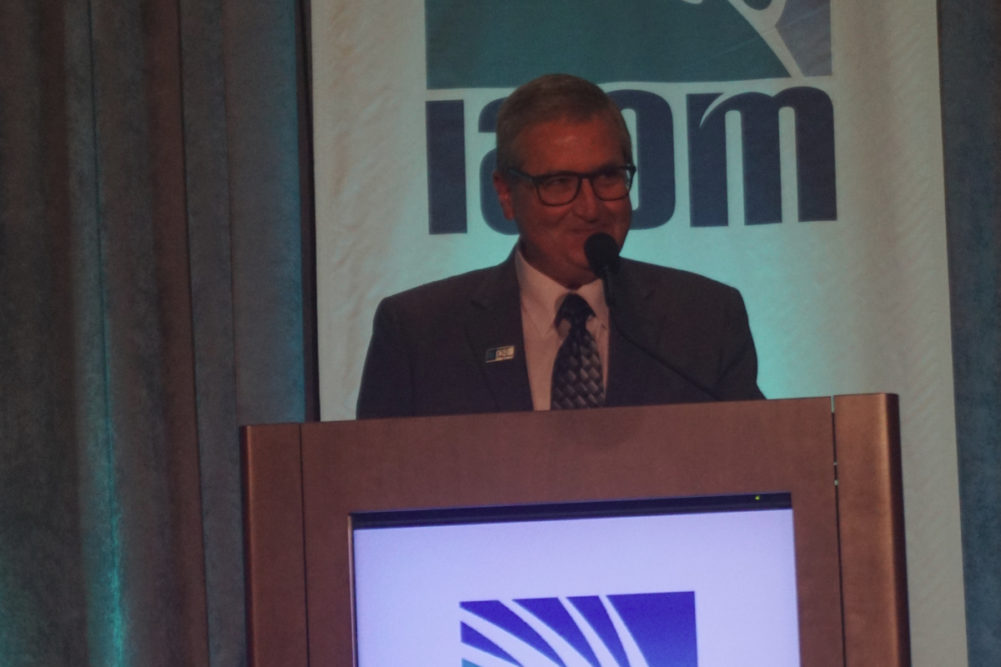KANSAS CITY, MISSOURI, US — When measuring an industry’s workforce diversity, one interesting place to start is at annual conventions. A glance around the trade show floor or banquet hall can be telling, particularly since these events tend to attract employees in leadership roles at their respective companies.
During his speech at the 125th International Association of Operative Millers (IAOM) Conference and Expo in September, new IAOM President Randy Garvert, after rightfully praising the milling industry’s many strengths, addressed an uncomfortable truth.
“Let’s be honest with ourselves about something,” he said. “Diversity, equity and inclusion in our industry is nearly non-existent. Where are the women in our plants and, more importantly, in our leadership? It’s up to every one of us to help drive this change. IAOM has taken a small step to open up that conversation by creating a resource group in our industry — Women of Milling. Please help support this group by engaging in the conversation, if not as a member of the group, then as a staunch ally.
“As the milling industry is about to experience a surge in new retirements and look to replace employees, we need to draw from the largest pool of candidates possible. We need to make a commitment that we can do better and will do better in diversity, equity and inclusion.”
Garvert should be applauded for shining a spotlight on this sensitive topic and explaining why it’s in the best interest of the milling industry and trade associations like the IAOM to create a more diverse workforce. Besides being the right thing to do, studies have shown that diversity also benefits companies by boosting culture, public perception and even profitability.
The US milling industry is hardly unique in having a largely white and male workforce. The grain and feed industries have diversity issues as well. What’s encouraging is conversations have started throughout the agribusiness sector and progress is being made. Garvert’s employer, Ardent Mills, the largest North American flour milling company, has launched several employee resource groups — Women of Wheat (WOW), Black Excellence at Ardent Mills (BEAM), and an LBGTQ community group called Spectrum — that are designed to increase awareness of diversity, equity and inclusion (DEI). Angie Goldberg, chief growth officer at Ardent Mills, said the company’s goal is to create a work environment “where every single person feels comfortable, feels a sense of belonging, and can truly bring their authentic self to work every day.”
Employees in leadership roles at Ardent Mills have gone through DEI training in which they learn about unconscious bias and micro aggressions that can derail DEI efforts. The idea isn’t to punish transgressors but rather to make them aware of discriminatory and non-inclusive behaviors that can poison the work environment.
To an extent, the grain, feed and milling industries’ diversity problem stems from inadequately promoting their occupation as a viable option for women and minorities. The recruiting efforts in that regard have fallen short. And frankly, until only recently, the lack of diversity in these industries wasn’t often discussed. Now is the time to carry the growing momentum on this issue forward to affect real change. Striving for DEI will not only make agribusiness more attractive to current and prospective employees, it will offer numerous benefits that will strengthen these industries and their individual companies.





